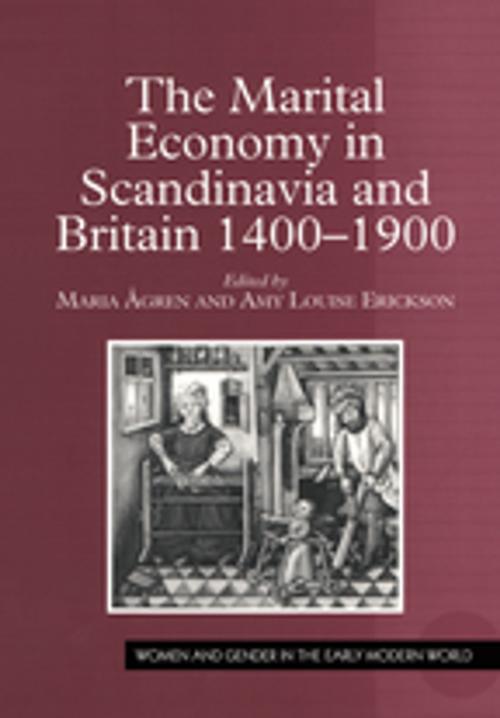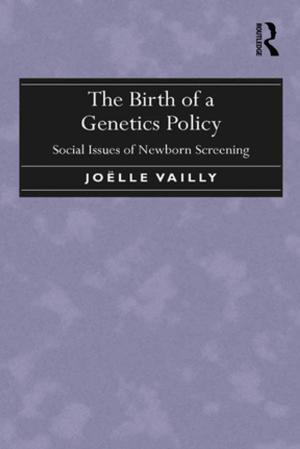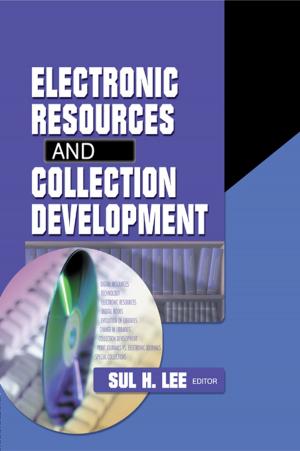| Author: | Maria Ågren | ISBN: | 9781351885973 |
| Publisher: | Taylor and Francis | Publication: | March 2, 2017 |
| Imprint: | Routledge | Language: | English |
| Author: | Maria Ågren |
| ISBN: | 9781351885973 |
| Publisher: | Taylor and Francis |
| Publication: | March 2, 2017 |
| Imprint: | Routledge |
| Language: | English |
Marriage today is our prime social and legal institution. Historically, it was also the principal economic institution. This collection of essays offers a wealth of original research into the economic, social and legal history of the marital partnership in northern Europe over a 500-year period. Erickson's introduction explores the concept of the marital economy and sketches the legal and economic background across the region. Chapters by Ågren, Gudrun Andersson, Agnes Arnórsdóttir, Inger Dübeck, Elizabeth Ewan, Rosemarie Fiebranz, Catherine Frances, Hanne Johansen, Ann-Catrin Östman, Anu Pylkkänen, Hilde Sandvik and Jane Whittle, are organized according to the three economic stages of the marital life-cycle: forming the partnership; managing the partnership; and dissolving the partnership. In conclusion, Michael Roberts explores how the historical development of modern economic theory has removed marriage from its central position at the heart of the economy.
Marriage today is our prime social and legal institution. Historically, it was also the principal economic institution. This collection of essays offers a wealth of original research into the economic, social and legal history of the marital partnership in northern Europe over a 500-year period. Erickson's introduction explores the concept of the marital economy and sketches the legal and economic background across the region. Chapters by Ågren, Gudrun Andersson, Agnes Arnórsdóttir, Inger Dübeck, Elizabeth Ewan, Rosemarie Fiebranz, Catherine Frances, Hanne Johansen, Ann-Catrin Östman, Anu Pylkkänen, Hilde Sandvik and Jane Whittle, are organized according to the three economic stages of the marital life-cycle: forming the partnership; managing the partnership; and dissolving the partnership. In conclusion, Michael Roberts explores how the historical development of modern economic theory has removed marriage from its central position at the heart of the economy.















